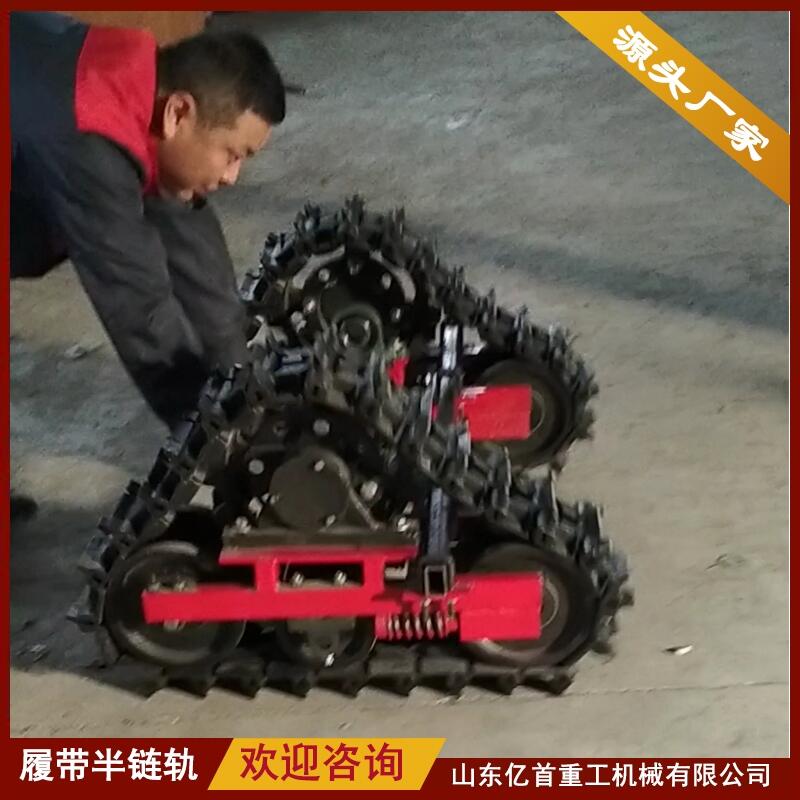

now:主页 > Enterprise Dynamic > Company News >
time:2024-11-25 17:47 次
In the realm of advanced manufacturing, precision and efficiency are paramount. The integration of support wheels and extrusion manufacturing techniques has revolutionized various industries , from automotive to aerospace, by offering enhanced performance and reliability. This article delves into the significance of support wheels and extrusion manufacturing, exploring how these technologies work together to achieve superior results.
Understanding Support Wheels
Support wheels, often referred to as idler wheels or guide wheels, play a crucial role in ensuring smooth and controlled movement in manufacturing processes. These wheels are typically made from materials such as stee l, aluminum, or composite materials, chosen for their durability and low friction properties. In extrusion manufacturing, support wheels are essential for guiding and stabilizing the material as it is formed into its final shape.
The primary functions of support wheels include:
1. Guidance: Ensuring that the material follows the desired path during the extrusion process.
2. Stabilization: Reducing vibrations and maintaining consistent pressure on the material.
3. Wear Resistance: Withstanding the high temperatures and pressures encountered during extrusion.
Extrusion Manufacturing Process
Extrusion is a widely used manufacturing technique where raw material is forced through a die to create a specific cross-sectional profile. This proces s is versatile and can be applied to a variety of materials, including metals, polymers, and ceramics. The key steps in the extrusion process include:
1. Material Preparation: The raw material is heated to a malleable state.
2. Feeding: The material is fed into the extruder, which applies pressure to force it through the die.
3. Shaping: As the material passes through the die, it takes on the desired shape.
4. Cooling and Solidification: The shaped material is cooled and solidified to maintain its form.
5. Post-Processing: Additional operations such as cutting, finishing, and inspection may be performed to meet quality standards.
Integration of Support Wheels in Extrusion Manufacturing
The integration of support wheels in extrusion manufacturing offers several advantages:
1. Enhanced Precision: By providing stable guidance, support wheels ensure that the material maintains its intended shape and dimensions throughout the extrusion process. This is particularly important for complex profiles and thin-walled structures.
2. Reduced Defects: Support wheels help minimize defects such as warping, twisting, and surface imperfections, leading to higher-quality products.
3. Increased Production Speed: Smooth and controlled movement facilitated by support wheels allows for faster production rates without compromising on quality.
4. Cost Efficiency: By reducing waste and rework, support wheels contribute to cost savings and improved overall efficiency.
Applications and Case Studies
Automotive Industry: In the production of car parts such as door frames, window channels, and trim components, support wheels are critical for achieving precise and consistent shapes. For example, BMW uses advanced extrusion techniques with integrated support wheels to manufacture lightweight and durable vehicle components.
Aerospace Industry: The aerospace sector relies heavily on high-precision manufacturing processes. Companies like Boeing use extrusion with support whe els to produce aircraft parts such as wing spars and fuselage sections, ensuring structural integrity and aerodynamic performance.
Construction Industry: In the construction sector, extrusion manufacturing with support wheels is employed to produce building materials such as window frames, door handles, and decorative elements. These applications require high precision and durability, which are achieved through the use of support wheels.
Conclusion
The combination of support wheels and extrusion manufacturing represents a significant advancement in modern industrial processes. By enhancing precisi on, reducing defects, increasing production speed, and improving cost efficiency, this technology continues to drive innovation across various sectors. As manufacturers continue to push the boundaries of what is possible, the integration of support wheels in extrusion manufacturing will remain a cornerstone of high-performance and reliable production.